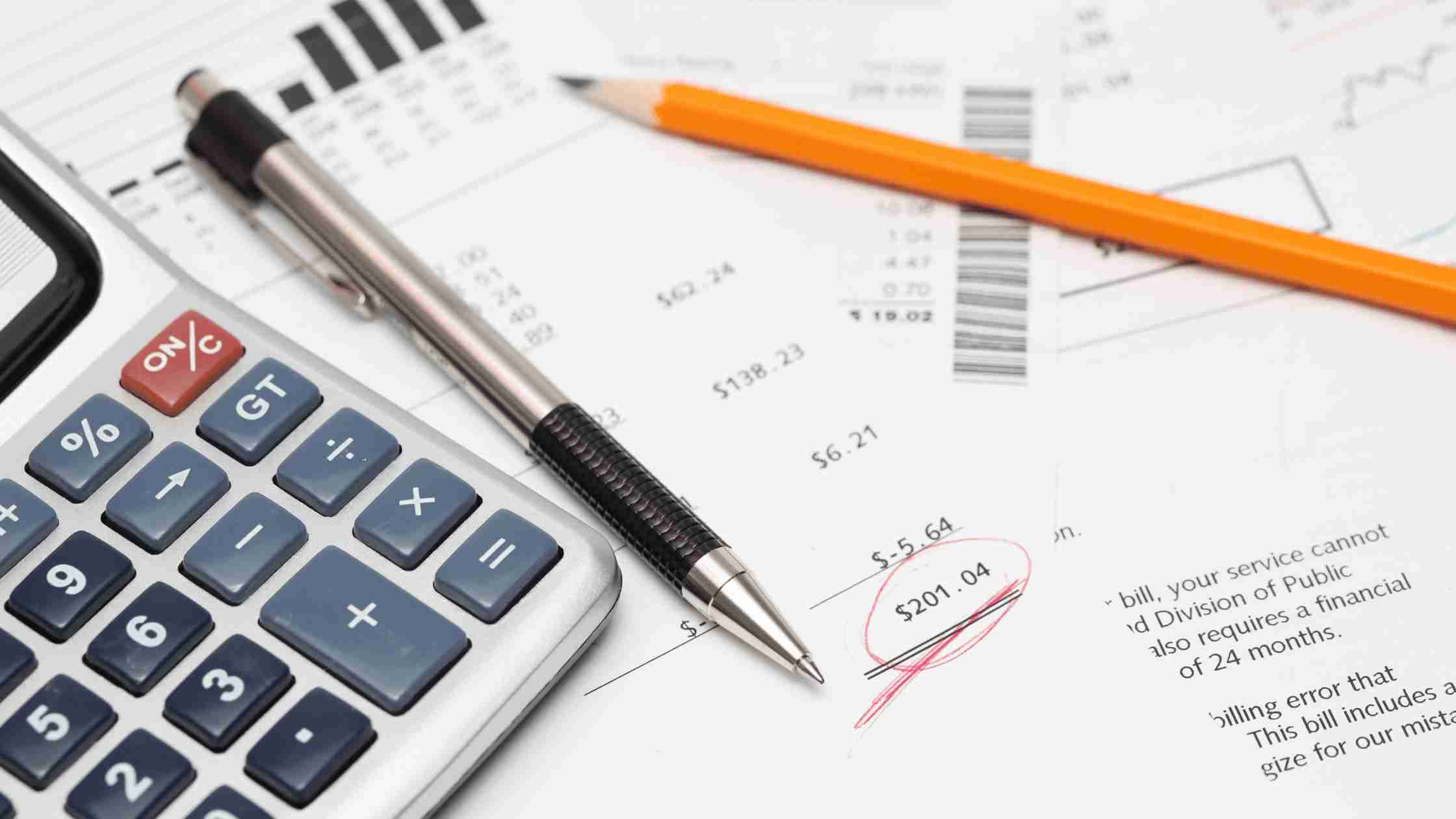E-way bill is an electronic bill required for moving the goods valuing more than Rs. 50,000. Taxpayer has to raise the e-way bill on the GST portal. Registered persons can generate or cancel bill through SMS, mobile application or website.
E-way bill have two parts, Part A and Part B. In Part A bill will consist the details of goods. In Part B details of transporter is given.
1. Who need to generate e-way bill?
Any registered person whose consignment value is more than Rs. 50,000 need to generate the Eway bill.
Taxpayer should update the Part A of bill before dispatching goods to customer. Either a taxpayer or transporter should update the part B.
If goods transportation is by rail/ air/ vessel, registered person (taxpayer or customer) needs to submit both part A & B.
E-way bill is mandatory in the below cases even if value is below Rs. 50,000:
a. Taxpayer sending the goods for job work to other states.
b. Unregistered person dealing in handicraft goods and selling goods to other states.
2. When e-way bill is not required?
- Optional in case where value of consignment is less than Rs. 50,000 other than mandatory cases given above.
- Movement of goods is through non-motor vehicle.
- Goods transported from custom port to inland container depot for custom clearance.
- Goods transported under custom seal.
- Transportation of empty containers.
- Taxpayer sending the good from weighment. The distance should not be more than 20KM and should have delivery challan.
- Government or local authorities sending goods through rails.
- Transportation of goods from or to ministry of defence.
- Part B of eway bill is not to required where distance between taxpayer and transporter is less than 50Km. And the transport is within the same state.
3. Changes in Part B of e-way bill:
- In case of change in vehicle, transporter, taxpayer or customer can update the details.
- If change in transporter, the taxpayer, customer or transporter can update the details of another transporter.
4. Documents to be carried by the transporter
The transporter shall carry-
- The invoice or bill of supply or delivery challan, as the case may be; and
- A hard copy of e-way bill or Eway bill number in electronic form.
5. Validity of e-way bill:
| Nature of mode of transport | Distance | Validity of E-way Bill |
| Over Dimensional Cargo* | Less than 20kms | 1 day |
| for every additional 20 Kms or part thereof | 1 additional day | |
| Other types of Cargo | Up to 200kms | 1 day |
| for every additional 200 Kms or part thereof | 1 additional day |
*Over Dimensional Cargo is any cargo or goods that exceed the dimensions of a vehicle. (for detailed explanation refer rule 93 of the Central Motor Vehicle Rules, 1989, made under the Motor Vehicles Act, 1988 (59 of 1988).
6. Cancellation of e-way bill:
Where an e-way bill has been raised, but goods are not moved or details mentioned are incorrect. In such case a taxpayer can cancel the same within the 24 hours.
But the taxpayer cannot cancel the e-way bill if it has been verified in transit.
Disclaimer:
The information provided in this content is for general informational purposes only. You should always seek the advice of expert before making any decisions based on the information provided. We do not warrant or guarantee the accuracy, completeness, or usefulness of the information provided. Any reliance you place on such information is strictly at your own risk. We shall not be liable for any damages, losses, or expenses arising out of or in connection with the use of this content.
Latest Blog :
NOT SURE HOW TO MATCH, REVERSE AND RECLAIM THE INPUT TAX CREDIT?
DO YOU KNOW THE APPLICABILITY AND COMPLIANCE OF CORPORATE SOCIAL RESPONSIBILITY (CSR)?








